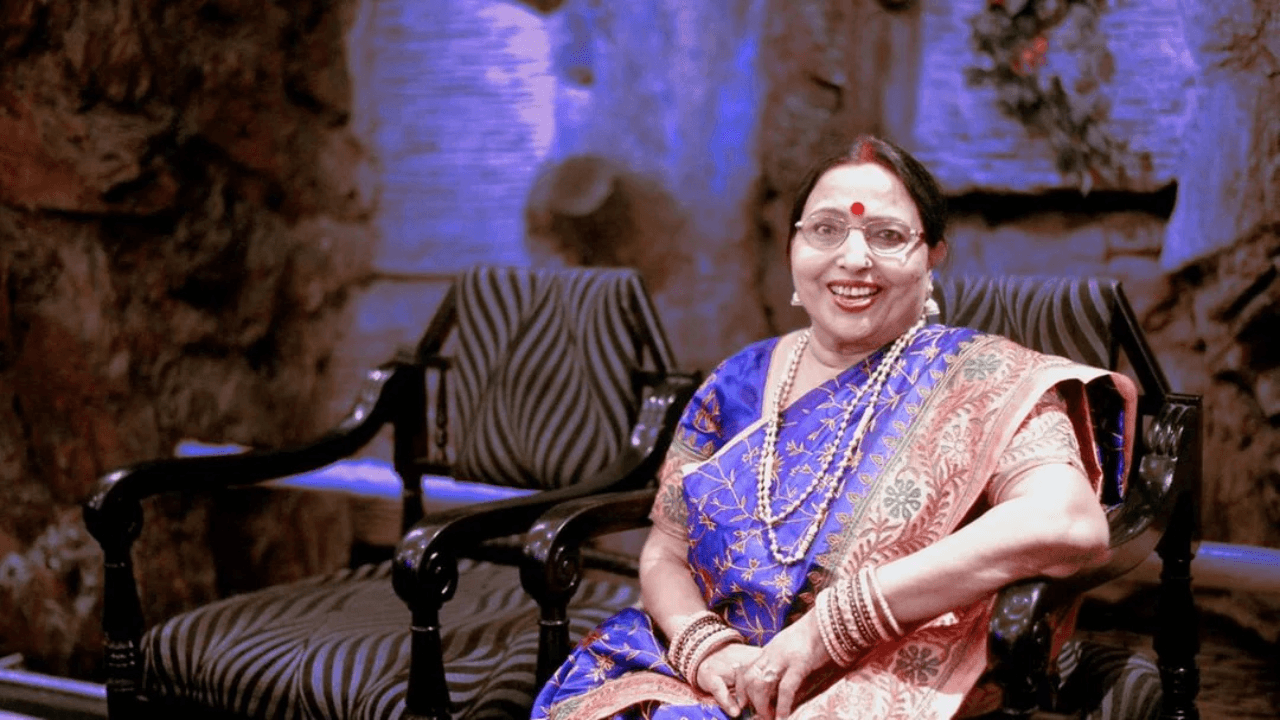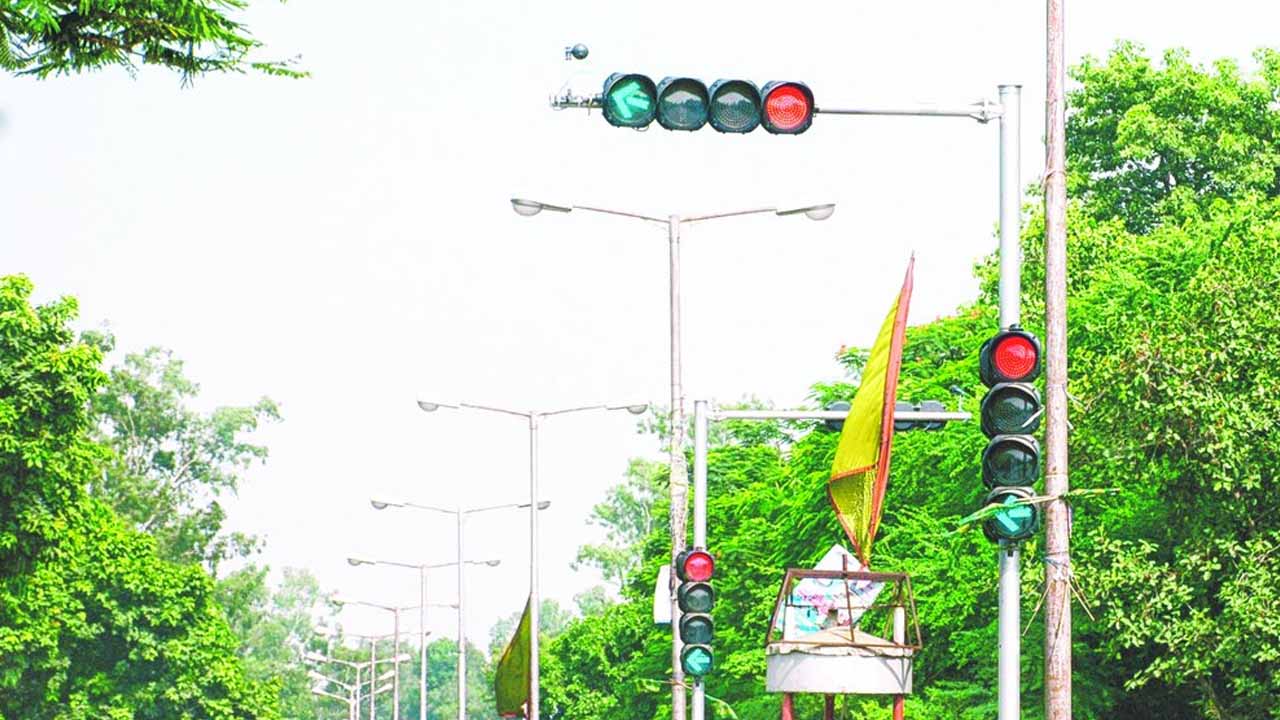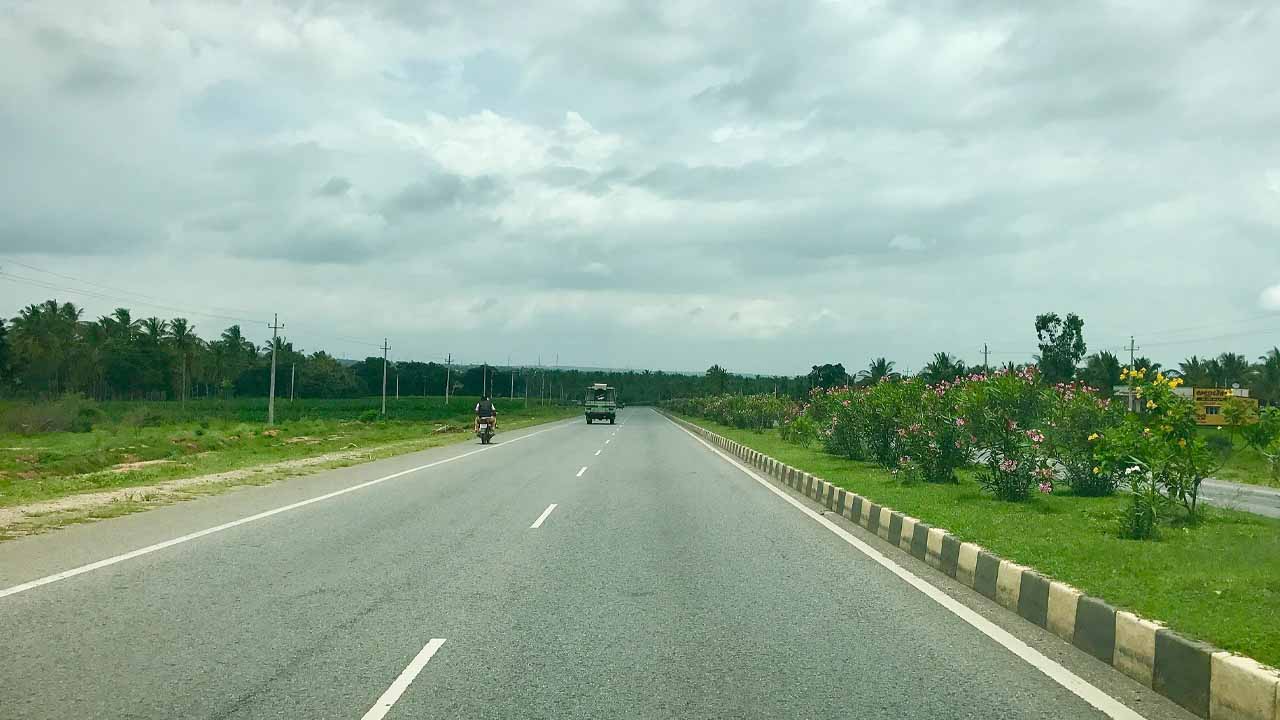Suffering within your soul is a common experience that many of us encounter daily, yet the gravity of this suffering varies significantly from person to person. As humans, we develop coping mechanisms to address fundamental questions that often add layers of complexity to our lives. These questions encompass the nature of life and death, the purpose of existence, dreams, responsibilities, and more. The politics of human existence can be seen as a devolution—a continuous quest to find ourselves and achieve self-actualization.
Last night, I spoke with a friend who works in the healthcare industry, specifically in surgeries related to gynecomastia. His clinic has a website where potential male patients can sign up with their contact details for consultations. Yesterday, he reached out to one lead, expecting a typical inquiry about gynecomastia. However, the conversation took an unexpected turn.
The individual on the other end was not seeking information about gynecomastia; instead, he was looking for help in changing his biological sex and erasing his existing identity to start anew. My friend, intrigued by this decision, asked him why he wanted to take such a significant step.
The person paused, took a deep breath, and fell silent for a moment. Then he shared, “I like boys.” He elaborated on his feelings when he sees attractive men and explained that, at the age of 32, he had decided to shed his current identity and embrace a new one. The driving forces behind this decision? Family and societal pressure.
My friend probed further, asking, “Are you aware of the consequences of undergoing these hormonal changes?” The man replied, “Yes, I am willing to do this. The current situation is not alleviating my suffering.”
The literature on gender and sexuality explores the myriad possibilities and complex questions surrounding identity. Legal frameworks have decriminalized homosexuality, and mass media increasingly depicts the queer community in a positive light, aiming to shift societal perceptions. However, the deep-rooted customs, beliefs, and faiths that govern our societies remain undeniable. These beliefs and mythological narratives often serve as reference points that shape the experiences of marginalized communities, ultimately reinforcing taboos around gender and sexuality.
In a world where self-actualization is a fundamental quest, it is crucial to recognize the challenges faced by individuals. As we engage with these complex issues, we must strive for greater understanding and acceptance, fostering an environment where everyone can pursue their true selves without fear of judgment or repression.











